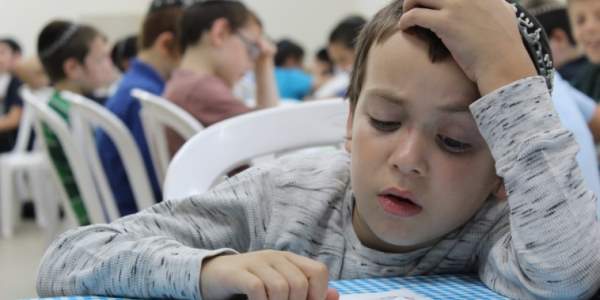The number of children diagnosed with learning disabilities has grown astronomically over the past few decades. Many of these children also have difficulty mastering basic social skills. They do not pick up social cues as quickly as other children, and are slow to learn the association between their behavior and the response of people around them (anger, annoyance, etc.). Since they are not attuned to negative social feedback, they continue to repeat the behaviors that others find repellant, further exacerbating their social isolation.
They also have deficits in their social memory — in other words, even when they learn that certain behaviors engender negative responses in others, they are quick to forget those lessons, so the negative behavior repeats itself.
Children who fail to develop social skills are at risk of a host of behavioral problems as they grow older. At the most extreme end, they are more susceptible to get involved in crime, having never learned to balance their own self-interest with the needs of others. How to teach these crucial skills to children with social disabilities is a question that many professionals grapple with: teachers, psychologists, social workers, criminologists and judges. They all seek solutions to help rehabilitate and socialize those who fail to adjust to the norms of society.
Beyond the practical question of how to teach these people, there is also a more fundamental moral or ethical question: Can people be held responsible for their actions if they are incapable of understanding the consequences? We can debate and philosophize, write research papers and books, but real answers to this question are not forthcoming.
Chassidic teachings address this question, and also propose the solution. In our generation we have large numbers of people who do not observe Torah and mitzvot — however, they are not considered responsible for their lack of observance. They are in the halachic category of an “infant who was taken captive,” who was never taught and did not have the opportunity to observe mitzvot. We live in a time of such spiritual darkness that we cannot see positive results of our mitzvot or the negative effects of our sins — and thus, cannot be held responsible for sins.
For our generation, the only tried-and-true way to teach Torah and mitzvah observance is through drawing people close, with kindness, love and compassion. Rejection and social ostracism will have no effect and will only push our brethren further away.
The only true and ultimate solution to the problem is a revelation of G-dliness so great that it will remove all doubt. It will give us the strength to overcome all external and internal obstacles, to truly return to G-d in the fullest sense.
We are now on the cusp of that great revelation, the Geulah with Moshiach. When that time comes, all social barriers will be removed and we will experience true unity.
